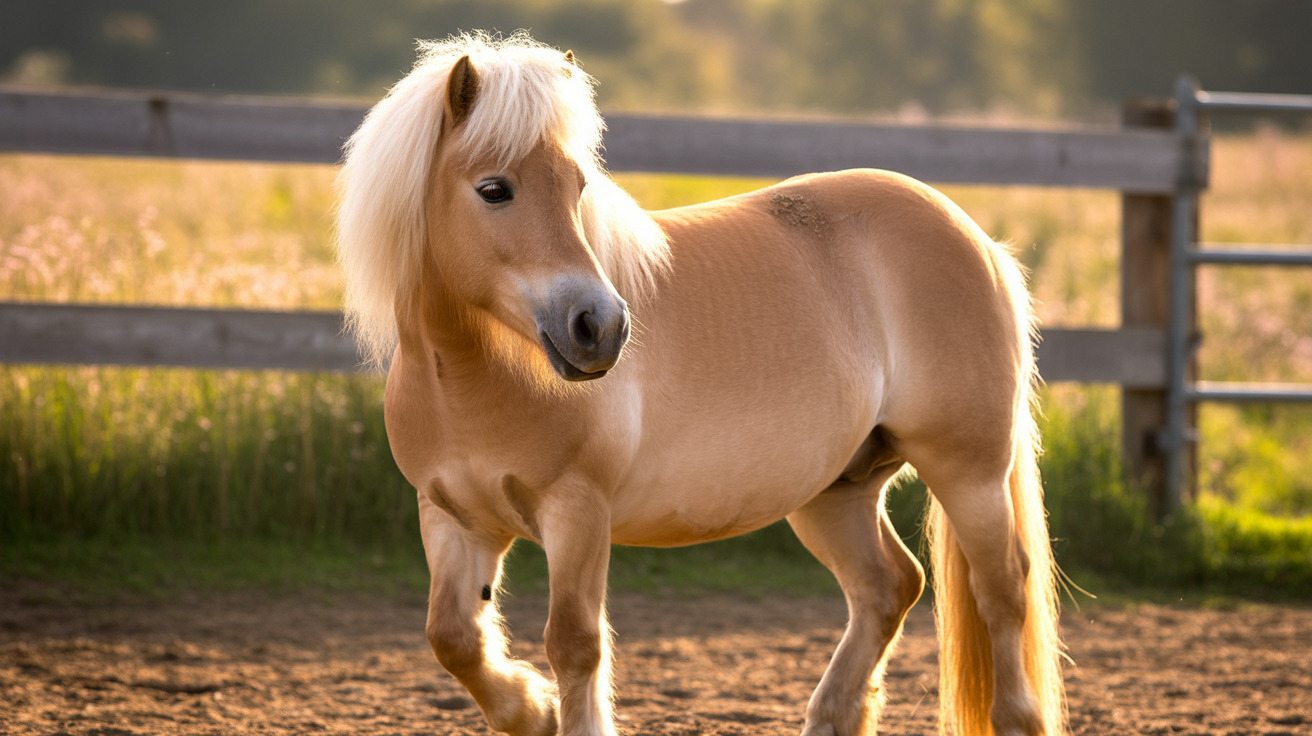Can Dogs Have Autism or Down Syndrome? Understanding Canine Congenital Conditions
Many dog owners may notice unusual behaviors or physical traits in their pets and wonder whether their dog might have a condition like autism or Down syndrome. While it’s important to examine developmental issues in dogs seriously, the short answer is that dogs cannot have true Down syndrome as it exists in humans due to fundamentally different genetic structures. However, dogs can suffer from a variety of congenital or developmental conditions that mimic some of the symptoms seen in human genetic disorders.
Why Dogs Cannot Have Down Syndrome
Down syndrome in humans is caused by the presence of an extra full or partial copy of chromosome 21. Humans have 23 pairs of chromosomes (46 total), but dogs have 39 pairs (78 total), meaning there is no direct chromosomal equivalent to human chromosome 21 in dogs. Therefore, an exact diagnosis of Down syndrome, as understood medically in humans, is impossible in dogs.
Despite this, dogs can exhibit similar clinical features due to other underlying genetic or hormonal issues, especially those present at birth or early development.
Canine Conditions That Mimic Down Syndrome
Several congenital conditions in dogs can result in symptoms comparable to those seen in Down syndrome:
- Congenital Hypothyroidism: This thyroid hormone deficiency in young puppies leads to slowed growth, delayed development, broad facial features, and cognitive impairment. Dogs may appear lethargic and have poor coordination.
- Pituitary Dwarfism: Often seen in German Shepherds, this condition results from reduced growth hormone production. Affected dogs may retain their puppy coat, exhibit stunted growth, and face dental or reproductive issues.
- Congenital Hydrocephalus: A buildup of cerebrospinal fluid causes a domed skull, wide-set eyes, and neurological delays. This condition affects toy and short-nosed breeds more frequently and may lead to coordination issues and seizures.
- Portosystemic Shunt: This liver defect allows toxins to circulate without being filtered, leading to signs like poor growth, bizarre behavior, and digestive issues.
- Congenital Heart Defects: Structural or functional heart problems can cause developmental delay, fatigue, and exercise intolerance.
Recognizing Possible Symptoms
While there's no definitive checklist for pseudo-Down syndrome in dogs, pet owners should watch for:
- Flattened or broad facial structure
- Slanted or wide-set eyes
- Short stature or limbs
- Poor muscle tone
- Hearing or vision impairment
- Behavioral or cognitive sluggishness
- Patches or irregular patterns in the coat
These symptoms often become apparent early in a dog’s life. In more severe cases, some puppies may be rejected by their mother or fail to thrive.
Diagnosis and Veterinary Testing
Veterinarians rely on physical examinations and a suite of diagnostic tools to identify underlying conditions, including:
- Blood panels to analyze hormone levels
- Imaging techniques like ultrasound, MRI, or CT scans
- Organ function tests for liver, kidney, and heart
- Genetic testing, although less commonly used and less advanced in dogs
Diagnosing a dog’s developmental issue may not always result in a precise label, but early detection is crucial for proper management.
Treatment and Management Options
While these conditions are typically incurable, symptomatic treatment and supportive care can significantly improve quality of life:
- Hormonal therapy for hypothyroidism or dwarfism
- Surgical intervention in cases like portosystemic shunt or hydrocephalus
- Medication to manage seizures or other symptoms
- Special diets and supplements
- Environmental adaptation such as ramps, gates, or soft bedding
Home Care and Quality of Life
Lifestyle adjustments can help dogs with congenital conditions live fuller lives:
- Consistent grooming and hygiene
- Use of mobility devices if needed
- Routine veterinary checkups
- Safe, quiet living environment
While no home remedy can cure chromosomal or hormonal abnormalities, dedicated care and veterinary support can optimize a dog's well-being.
Prevention and Ethical Breeding
Since many of these conditions are genetically linked, responsible breeding practices are crucial. Genetic screening prior to breeding can reduce the risk of passing on hereditary disorders. Avoid breeding dogs known to carry or exhibit traits of congenital diseases to promote healthier litters.
Conclusion
To summarize, dogs cannot have true Down syndrome as humans do, due to differences in chromosome structure and number. However, a range of other congenital abnormalities can manifest similar signs, from physical traits to cognitive and behavioral delays. Early veterinary intervention, responsible breeding, and vigilant home care can go a long way in helping dogs with these conditions lead happy and comfortable lives.





